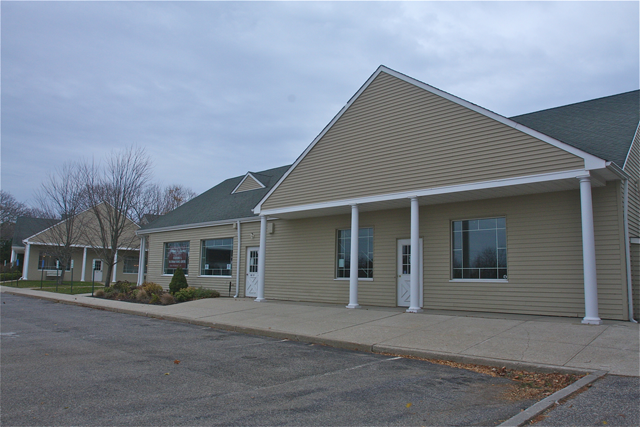Attorney for 7-Eleven says proposed 24-hour ban is illegal

An attorney representing 7-Eleven said a proposed ban on 24-hour operations in certain parts of town is illegal and would not withstand a legal challenge.
Scott Greenspan, speaking at a public hearing before the Town Board Wednesday, said 7-Eleven challenged a similar law in the Village of Westbury in Nassau County in 2002 and won, both in the lower court and in the appellate division, after the first ruling was appealed.
The town proposed the ban on 24-hour operations in three zoning districts (hamlet center, village center and rural corridor) in the wake of public opposition to a proposed 7-Eleven at the Vinland Commons shopping center in Aquebogue. That proposal is located in the rural corridor zone, which would be affected by the ban.
Stores in those three zoning districts would be required to close from midnight to 5 a.m.
Mr. Greenspan said the town’s proposal is illegal because the courts have ruled that a municipality can’t regulate the manner of operation of a business, and because the police power of a municipality can’t “interfere with the enjoyment enjoyment of real property unless there’s some real substantial evil that the regulation is designed to cure, and there’s a reasonable relation between the evil and the proposed remedy.”
The court in the Westbury case, called Louhal Properties vs. Strada, found that “even if the village could show real substantial evil, an outright ban just wasn’t reasonably related to curing it. It’s too broad and too overreaching,” Mr. Greenspan said.
He also said the proposed town law is illegal because the state’s Alcoholic Beverage Control law pre-empts the town from regulating alcohol sales that would otherwise be permitted by the state law.
But Supervisor Sean Walter said Riverhead Town enacted a 24-hour ban in the business-country rural zoning district in Wading River in the 1980s and that ban was upheld in court when 7-Eleven, which was proposing a store in Wading River, filed a lawsuit.
“So why was it that in Wading River, Riverhead was successful in having the ban sustained and those other towns were not?” Mr. Walter asked.
Mr. Greenspan said that case was never mentioned in the Louhal case, adding that since the Louhal case is more recent, that decision “is now the controlling precedent” in the court.
“We do believe that based upon that decision, this ban would probably not survive a court challenge,” Mr. Greenspan said.
Mr. Walter said the three existing 7-Elevens in Riverhead, all on Route 58, would not be affected by the proposed law, and he said the town did that on purpose, as the town was making sure it preserved 7-Eleven’s rights.
The town proposal also doesn’t apply to bars and restaurants that sell alcohol for on-premises consumption.
Although a number of neighbors of the proposed 7-Eleven have spoken out against it at past Town Board meetings, the only other comment at the hearing Wednesday was a letter written by Larry Simms of Saving Main Road, which was read at the meeting by Angela DeVito.
He said questioned if the town meant to require gas stations to also be closed from midnight to 5 a.m. and he wondered whether the 7-Eleven would even be affected by the ban. The proposal came after the Aquebogue 7-Eleven was proposed and after the town was directed by a court ruling to process that application.
“In these circumstances, it seems highly unlikely that the proposed legislation, if codified, will have any bearing or beneficial effect on the location and retail operation which prompted the resolutions,” the letter stated.
Mr. Walter said he believes that as a result of the town’s appeal of that court ruling, that there is a “stay” in effect, meaning work is prevented from moving forward.








